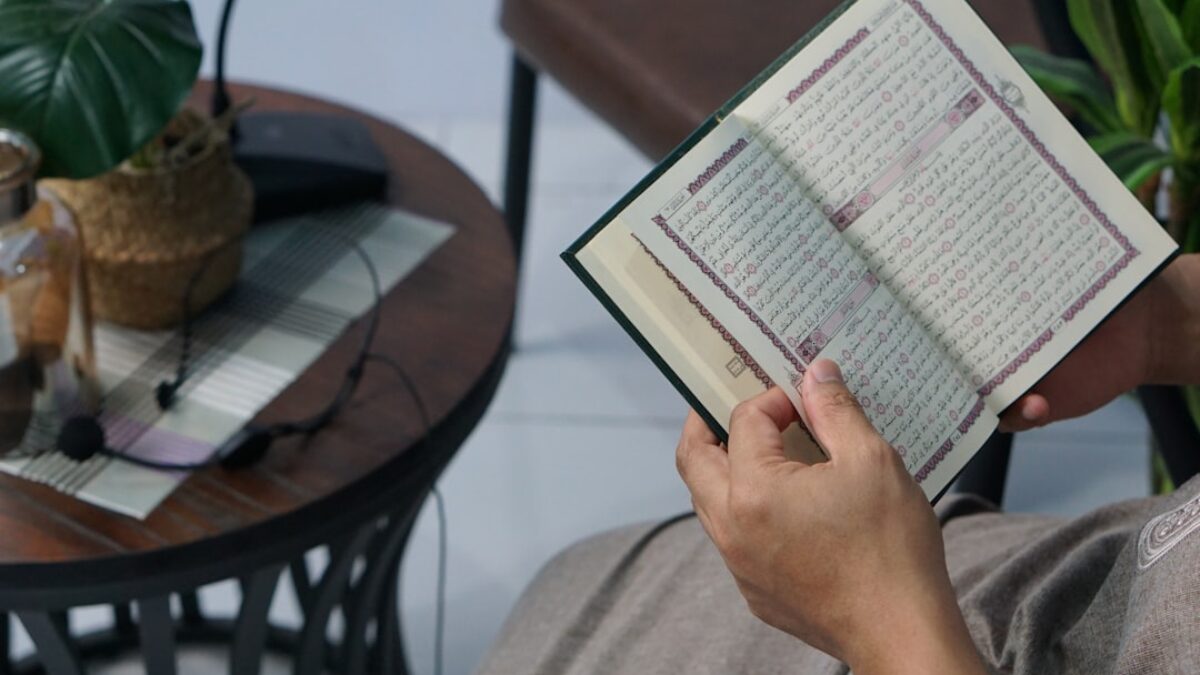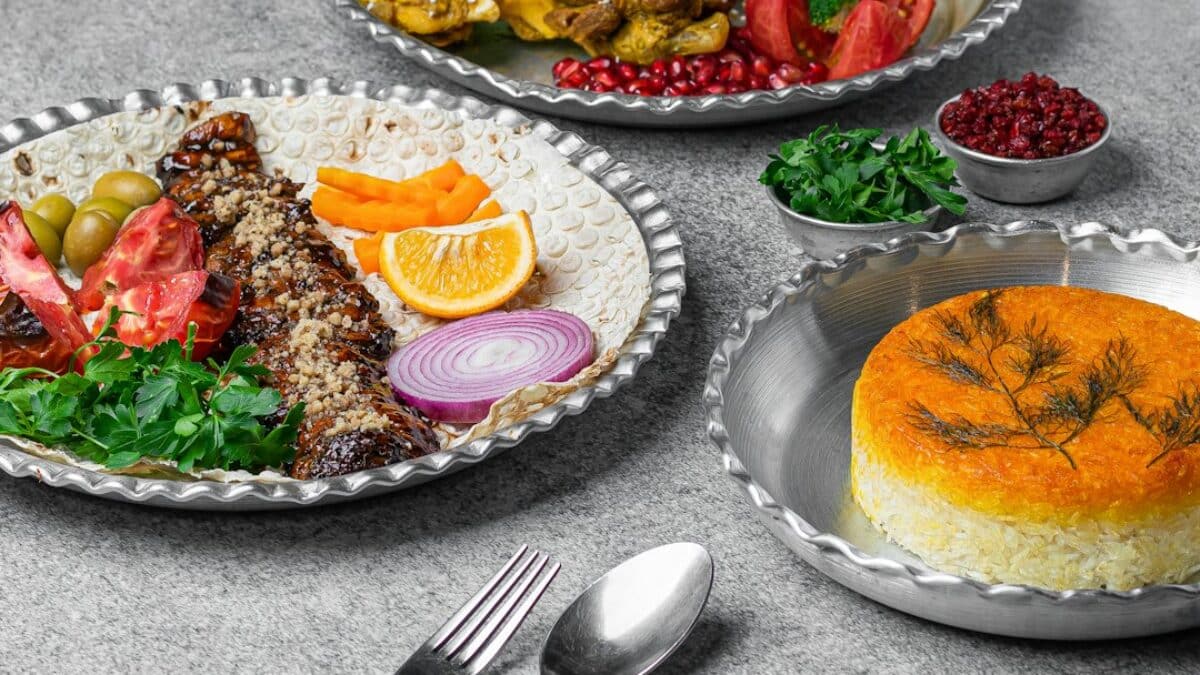Ramadan is a sacred month of fasting, reflection, and spiritual renewal for Muslims worldwide. While all adult Muslims are obligated to fast, Islamic law recognizes that women may face unique circumstances—such as menstruation, pregnancy, breastfeeding, or travel—that can affect their ability to observe the fast. Understanding the nuanced rules and exemptions is essential for women to fulfill their religious duties without compromising their health or well-being. This guide offers a detailed, practical exploration of the fasting regulations tailored specifically for women, clarifying when fasting is required, when it is permissible to break the fast, and how to make up missed days or provide expiation in special cases.
Understanding Ramadan Fasting Rules for Women
The Obligation of Fasting in Islam
Every adult, sane, and healthy Muslim woman is required to fast during Ramadan. The fast begins at Fajr (dawn) and ends at Maghrib (sunset). Abstinence includes food, drink, sexual relations, and anything that invalidates the fast. However, the Qur’an and Sunnah explicitly mention dispensations for those who are ill, traveling, pregnant, breastfeeding, or menstruating. These exemptions acknowledge the physical realities women face, ensuring that religious practice remains merciful rather than burdensome.
Core Principle: Ease Not Hardship
“Allah intends for you ease and does not intend for you hardship” (Qur’an 2:185). This verse underpins every exemption. The Shari’ah (Islamic law) balances spiritual aspiration with human limitations, allowing women to prioritize health when necessary while still encouraging them to seek spiritual rewards through alternative acts of worship.
Key Components of Women’s Fasting Rules
Menstruation and Post-Natal Bleeding
When the Fast Is Invalidated
- Menstruation (Hayd): A woman experiencing menstrual flow at any point between dawn and sunset must break her fast because ritual purity is a prerequisite for valid fasting.
- Post-Natal Bleeding (Nifas): Similar to hayd, post-partum bleeding also nullifies the fast.
- Restarting the Fast: Once bleeding stops and the woman performs ghusl (full-body ritual bath), she may resume fasting. Days missed must be made up before the next Ramadan.
Making Up Missed Days
- Individual Make-Up (Qada): The default ruling is to fast an equal number of days later in the year.
- Timing Flexibility: Scholars recommend spreading make-up days over non-fasting months to avoid fatigue, especially if many days are owed.
- Delayed Make-Up: If a woman repeatedly defers qada without valid reason, she incurs sin and must also give kaffarah (expiation) in some schools.
Pregnancy and Breastfeeding Exemptions
Health-Centric Assessment
Islamic jurists agree that pregnant or nursing women may break the fast if fasting poses harm to the mother, fetus, or nursing infant. The assessment involves:
- Medical consultation with a trustworthy Muslim physician.
- Self-evaluation of symptoms: dizziness, dehydration, low weight gain, or reduced milk supply.
- Seasonal factors: extreme heat or long fasting hours may tip the balance toward exemption.
Options for Compensation
| School of Thought | Required Action | Payment (Fidya) |
|---|---|---|
| Hanafi | Postpone fast, make up later | Only if delay beyond capacity |
| Shafi’i & Hanbali | Feed a poor person per missed day | ≈ 1.5 kg staple food or its cost |
| Maliki | Choose make-up or fidya | Same as above |
Practical Workflow
- Track fasting ability daily using a Ramadan diary.
- If signs of harm appear, break the fast immediately and record the reason.
- After Ramadan, settle qada or fidya as per chosen scholarly opinion.
Travel Exemptions
Defining a Valid Journey
A journey qualifies for concession if it exceeds approximately 48–90 km (30–55 miles) and is not a daily commute. Modern scholars also consider:
- Duration: typically overnight stays away from home.
- Mode: air, sea, or land travel with clear departure and return.
Women-Specific Considerations
- Safety: Traveling alone without a mahram (close male relative) is discouraged; if unavoidable, the exemption still applies.
- Intent: A woman may start fasting at dawn but break it once on the road if the journey becomes arduous.
Deciding to Fast or Not
- Short, easy trips: Many scholars advise continuing the fast out of reverence.
- Long, dehydrating trips: Breaking the fast is recommended.
- Return before sunset: If she returns home and has not broken the fast, she may complete it.
Benefits and Importance of Knowing the Rules
Spiritual Clarity
Understanding exemptions removes guilt and spiritual doubt. Women can focus on worship—such as Qur’an recitation, dhikr, or charity—without fearing invalid fasts.
Physical Well-being
Ramadan should not compromise maternal health or infant nutrition. Proper application of rulings safeguards both mother and child, aligning with the Qur’anic principle of preventing harm.
Community Cohesion
Clear knowledge reduces misinformation. Families and mosques can support women appropriately, fostering a culture of empathy rather than judgment.
Practical Applications
Creating a Personalized Ramadan Plan
- Pre-Ramadan Health Check: Schedule a prenatal or general check-up to discuss fasting safety.
- Tech Tools: Use apps like Muslim Pro for prayer times and bleeding logs.
- Support Network: Pair up with a “fasting buddy” to share updates and encouragement.
Case Study 1: Menstruation During Ramadan
Sara, 28, begins her period on Day 5. She stops fasting, records the days, and prays tarawih without wudu. After Eid, she sets aside two Mondays and Thursdays each month to finish six missed days before the following Ramadan.
Case Study 2: Pregnancy in the Summer
Aisha, 32, is 20 weeks pregnant and living in Dubai. Her doctor advises against fasting due to dehydration risk. She opts for fidya according to the Shafi’i school, donating 30 food parcels to a local charity during Ramadan, and plans to make up days after weaning her child.
Case Study 3: International Travel for Work
Leila flies from London to New York for a week-long conference. She leaves Monday after dawn and arrives Monday afternoon local time. Because the flight exceeds the distance and involves fatigue, she breaks her fast mid-air and makes up the day later.
Frequently Asked Questions
What if my period starts right after sunset—do I still have to make up that day?
No. If bleeding starts after Maghrib, the fast is valid; no qada is required. Islamic rulings hinge on the state at sunset.
Can I use hormonal pills to delay my period for the entire Ramadan?
Using medication is permissible if advised by a qualified physician and does not cause undue harm. However, intentionally manipulating cycles solely to avoid fasting is discouraged by many scholars, as it may interfere with the body’s natural rhythms.
How many days can I miss due to breastfeeding before fidya becomes obligatory?
The threshold varies by school and circumstance. Hanafi jurists require qada only; Shafi’i jurists allow fidya if breastfeeding continues beyond one year. Consult a local scholar for tailored guidance.
Is it sinful to break my fast while traveling if I feel strong enough to continue?
No. The concession remains even if you do not feel exhausted. The Sunnah shows the Prophet (peace be upon him) sometimes fasted while traveling and sometimes did not, emphasizing flexibility rather than obligation.
How should I calculate fidya if I miss 15 days of fasting while pregnant?
Multiply the number of days by the cost of feeding one poor person. For example, if local fidya is $10 per person, 15 × $10 = $150. Pay before the next Ramadan to ensure expiation is valid.
What if I am unsure whether vaginal spotting counts as menstruation?
Follow your habitual cycle length. If spotting occurs outside the normal period and is not preceded by a valid tuhr (clean interval), it is not hayd. Perform wudu for each prayer and continue fasting unless flow increases.
Can a breastfeeding mother combine qada and fidya?
Yes. You may fast what you can and feed the poor for the remainder. Document clearly to ensure each day is either fasted or compensated.
Conclusion
Ramadan is a gift of mercy, not a burden. For women navigating menstruation, pregnancy, breastfeeding, or travel, Islamic law provides clear, compassionate pathways to maintain spiritual connection while caring for their bodies and families. By understanding when to fast, when to abstain, and how to fulfill qada or fidya, women can approach Ramadan with confidence, devotion, and peace of mind. May this knowledge empower every Muslim woman to observe the month with both sincerity and safety, earning the multiplied rewards promised by Allah for every drop of patience, charity, and worship.
























Post Comment